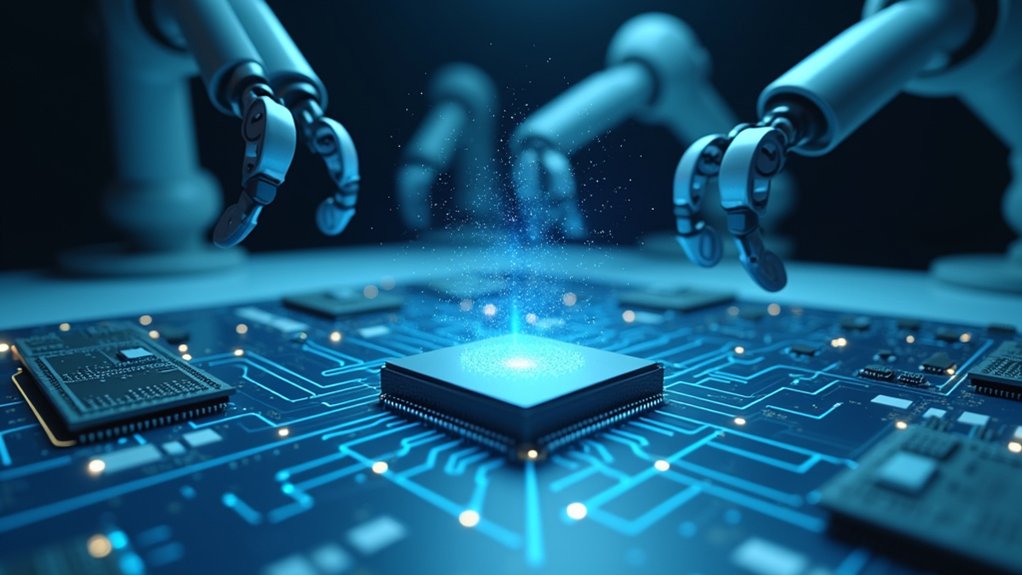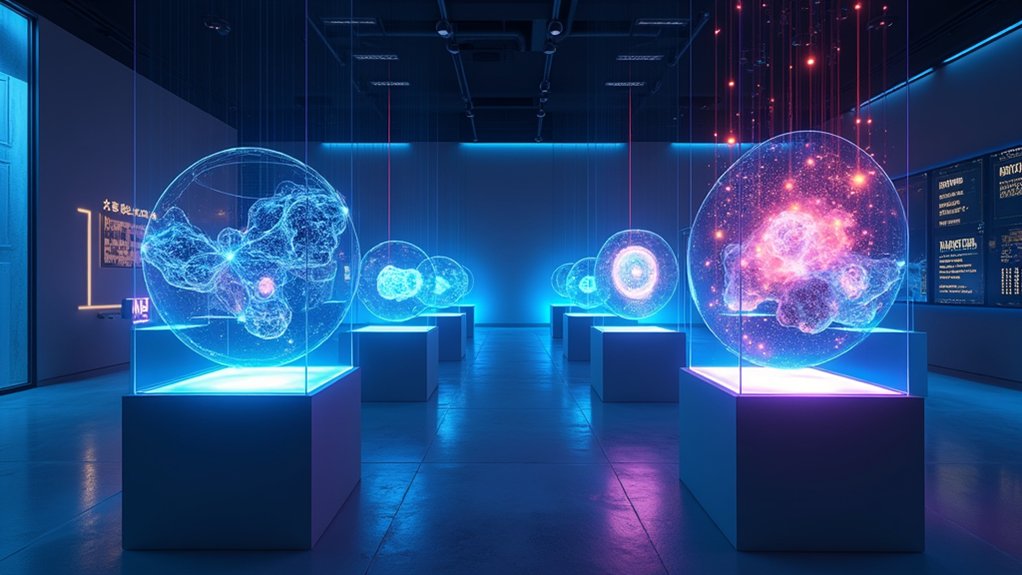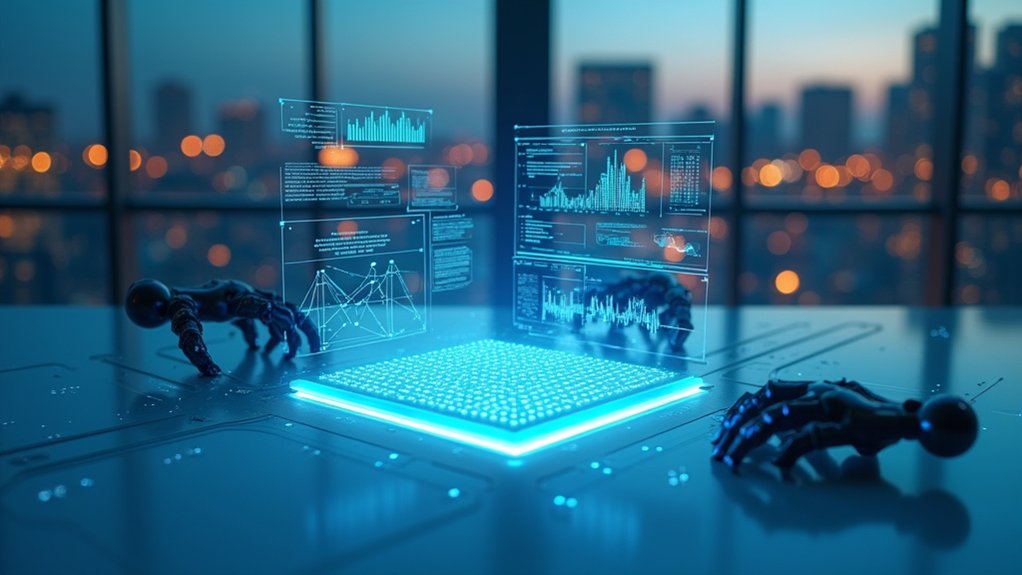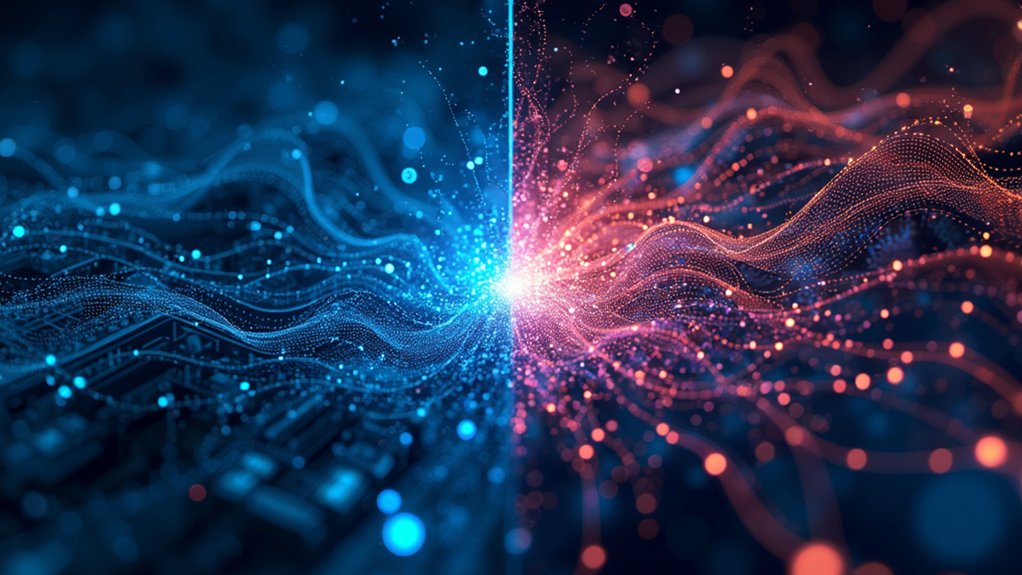Artificial Intelligence (AI) refers to machines that can think, learn, and perform tasks requiring human intelligence. Modern AI includes speech recognition, decision-making, and problem-solving capabilities. It's categorized into Narrow AI (focused on specific tasks like recommending movies) and General AI (matching human intelligence across all tasks, but not yet achieved). Current AI systems excel at specialized functions through machine learning, neural networks, and natural language processing. The technology continues evolving with promising applications ahead.
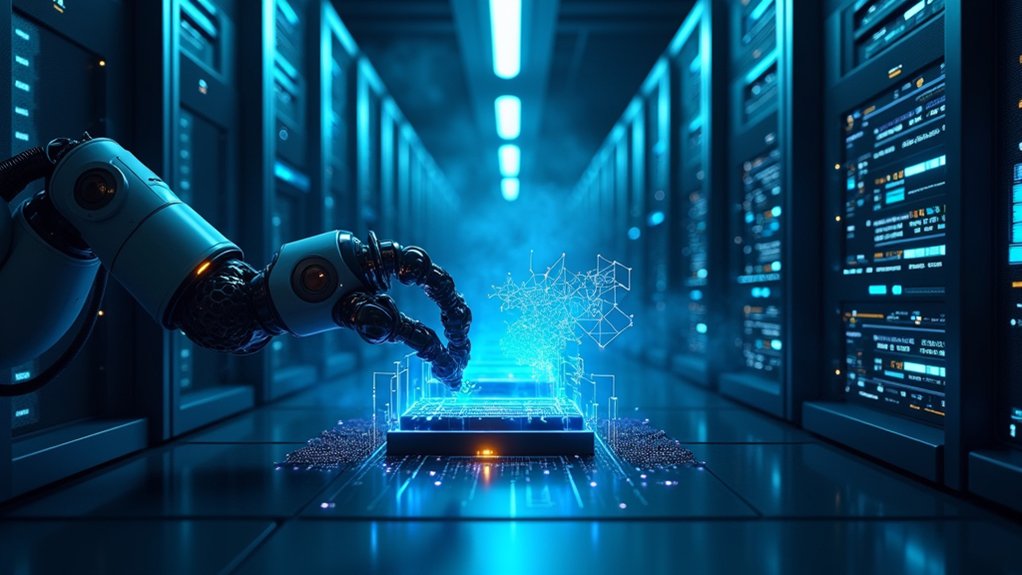
While many people hear about AI in movies and news, Artificial Intelligence actually refers to machines that can think and learn in ways similar to humans. AI systems can perform tasks that normally require human intelligence. These include recognizing speech, making decisions, solving problems, and learning from experience. The field has grown rapidly in recent years as computers have become more powerful and data more available.
AI comes in different forms. Narrow or Weak AI focuses on specific tasks like recommending movies or recognizing faces in photos. This is what we use every day. General or Strong AI would match human intelligence across all tasks, but doesn't exist yet. Some researchers talk about Superintelligent AI that could someday surpass human abilities, but this remains theoretical.
Today's AI excels at specific tasks but still falls short of human-level general intelligence.
The building blocks of AI include machine learning algorithms that improve with experience. Neural networks, inspired by the human brain, help computers recognize patterns in data. Natural language processing lets machines understand human speech, while computer vision helps them "see" and interpret images. AI technologies use self-correction mechanisms to continuously improve their algorithms and enhance accuracy over time.
AI technologies now power many everyday tools. Virtual assistants like Siri and Alexa use AI to understand questions. Self-driving cars use AI to navigate roads safely. Doctors use AI to help diagnose diseases, and banks use it to spot unusual transactions that might be fraud. In healthcare specifically, AI is delivering remarkable benefits through predictive analytics that can detect diseases earlier than traditional diagnostic methods.
Despite its benefits, AI raises important concerns. AI systems can inherit biases from their training data, leading to unfair decisions. They collect vast amounts of personal data, creating privacy risks. As AI automates more jobs, some workers may need to find new careers. A 2020 survey identified 72 active AGI projects across 37 countries, showing how seriously the industry takes advanced AI development.
Future AI developments look promising. Researchers are working on systems that can understand emotions, connect with other smart devices, and explain their decisions more clearly. As quantum computers develop, they'll likely make AI even more powerful.
While today's AI isn't like the sci-fi versions we see in movies, it's already changing how we live and work.
Frequently Asked Questions
How Is AI Different From Traditional Software Programming?
AI differs from traditional programming in fundamental ways. Traditional software follows explicit rules coded by humans, producing predictable outcomes.
AI, however, learns patterns from data without specific programming. While regular software can't adapt without manual updates, AI systems evolve through continuous learning.
Traditional programs handle structured data with fixed functionality, but AI processes unstructured information and adapts to new situations, offering personalized solutions rather than one-size-fits-all approaches.
Can AI Truly Understand Human Emotions and Consciousness?
Current AI systems can detect emotional signals through facial expressions, voice tone, and text analysis, but they can't truly understand emotions.
They're processing patterns, not experiencing feelings. Scientists remain divided on whether AI will ever achieve genuine emotional comprehension or consciousness.
Today's emotion recognition technology simply identifies and responds to external indicators without the subjective, internal experience that defines human emotional understanding.
What Ethical Concerns Surround AI Development and Implementation?
AI development faces several key ethical challenges.
Bias in AI systems can unfairly impact minorities in areas like hiring and criminal justice.
Privacy concerns grow as AI collects vast amounts of personal data.
Many AI systems lack transparency, making their decisions difficult to understand.
Accountability remains unclear when AI causes harm – who's responsible?
These issues have prompted calls for stronger regulations and independent oversight bodies.
Will AI Eventually Replace Most Human Jobs?
AI will likely transform rather than completely replace human work.
Research shows 300 million jobs could be displaced globally by 2030, with office support and customer service roles most vulnerable.
However, total replacement is unlikely because AI often augments human capabilities rather than fully replacing them.
New job categories are emerging, and skills like empathy remain difficult to automate.
Retraining will be essential for workers to stay competitive.
What Regulations Currently Govern AI Technology Globally?
AI regulations vary globally.
The EU's AI Act is set to become law in 2024, using a risk-based system.
The US lacks federal regulation but has an Executive Order and state-level rules.
China implemented algorithmic recommendation regulations and drafted generative AI measures.
International efforts include the OECD AI Principles, UNESCO's Ethics Recommendation, and the G7 Hiroshima AI Process.
ISO/IEC standards are in development.
